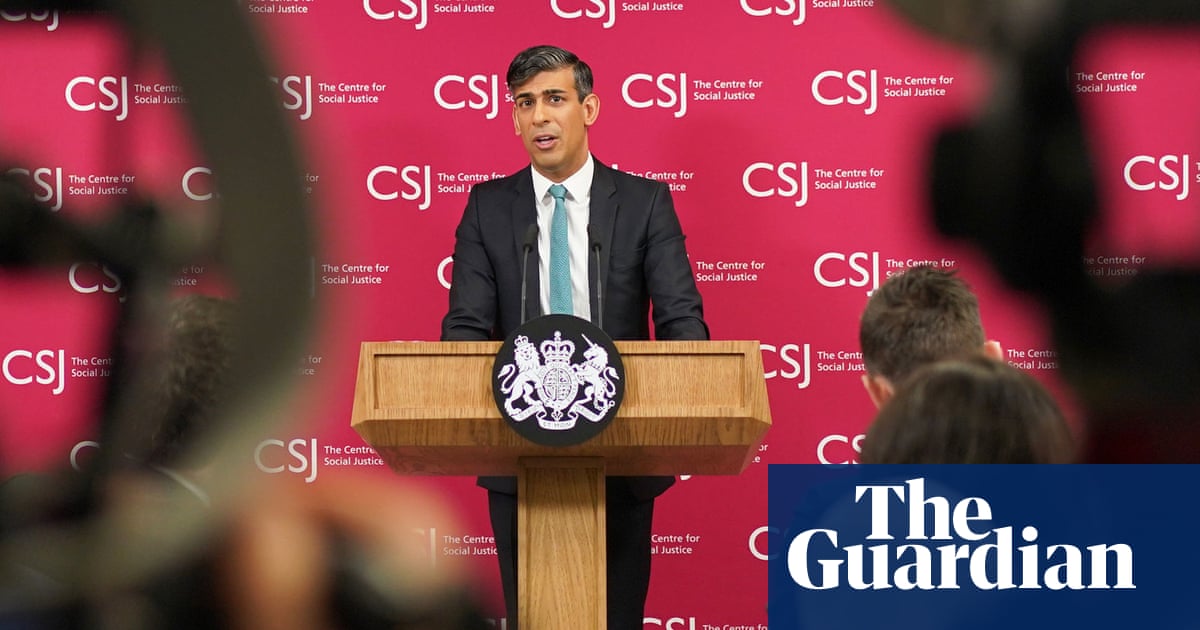
The UK government has broken the law by failing to tackle the disproportionate impact of coronavirus on ethnic minorities and disabled people, Labour has claimed in a letter to the equality watchdog.
The shadow women and equalities secretary, Marsha de Cordova, has written to the Equality and Human Rights Commission (EHRC) urging it to investigate the government for breaching the Equality Act, which requires public authorities to have due regard to the need to advance equality of opportunity when performing their functions.
She argues that evidence of worse health, social and financial outcomes for sections of society resulting from the pandemic have been neglected when drawing up legislation to address the negative impacts of the pandemic.
De Cordova said: “Equal opportunity does not mean treating everybody the same and seeing who sinks and who swims. The government must take proactive steps to prevent the disproportionate impact of Covid on Black, Asian and minority ethnic (BAME) and disabled people.
“Its failure to do so is negligent, discriminatory and unlawful, and ministers must be held to account.”
Labour’s intervention came as research by the IPPR and the Runnymede Trust found that almost 60,000 more deaths involving coronavirus could have occurred in England and Wales if white people faced the same risk as black communities, and 35,000 more white people could have died if the risk was the same as for the south Asian population.
Ethnic minority groups’ increased risk of death from coronavirus is “one of the starkest health inequalities” that cannot be explained by underlying conditions, they said, calling for ethnicity to be considered an independent risk factor when deciding who in the general population should be prioritised for Covid-19 tests.
Since the coronavirus outbreak, the government has produced a series of national responses, including the job retention scheme and the winter economy plan. But Labour says that only one – the Coronavirus Act – has resulted in an equality impact assessment (EIA) being produced, and in that case it was four months late and flawed.
The letter, to the EHRC chief executive, Rebecca Hilsenrath, cites a 2009 memorandum by the government’s equalities office, which said: “In order to achieve full equality in practice, disadvantaged groups may actually require different treatment and equal treatment may perpetuate any disadvantage.”
The government’s own public health experts found that, depending on their particular ethnicity, Black, Asian and minority ethnic people were between 10% and 100% more likely to die from Covid than white Britons. Additionally, BAME people were almost three times as likely (13% compared with 5%) to have lost their job since January/February, the Institute for Public Policy Research found.
Other research highlighted in the letter includes a finding by Office for National Statistics that 59% of people who died from Covid in England and Wales between 2 March and 14 July were disabled and data suggesting women have been hit hard by a cull of part-time jobs and the lack of availability of childcare.
The letter also criticises the way information has been relayed to the public, saying: “Throughout this pandemic the government has consistently failed to ensure that its messaging has effectively reached all communities across the UK. There was a marked absence of inclusive and accessible communications for Black, Asian and minority ethnic communities, and deaf and disabled people.
“This was particularly evident throughout the government’s Covid-19 daily briefings when it failed to use sign-language interpretation.”
A spokesperson for the government’s equality hub said: “We completely reject these baseless accusations. Throughout the pandemic the measures introduced by this government have been designed to protect and support everyone, including our most vulnerable.”
An EHRC spokesperson confirmed the letter had been received and said it would be considered “in line with our usual process”.












